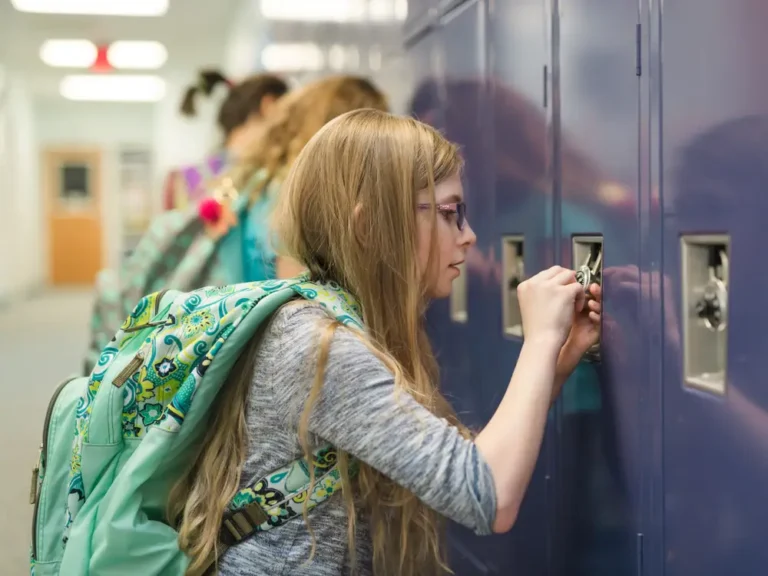Restaurant owners are fed up with reservation-hoarding bots

The official way to get a table at Don Angie, the Italian-American hotspot in New York’s West Village, is to log on to restaurant booking site Resy at 9 a.m. seven days before the desired dining date. That is, at least, the policy that chef-owners Angie Rito and Scott Tacinelli have established for prospective diners.
Those who have recently attempted to book those elusive seats via the reservation platform know that they rarely become available.
If you go to Appointment Trader and are willing to pay up to $125 just to walk through the door, you can start bidding on seats for any day in the next few weeks.
According to Rito, the problem of seats that should be available began last summer. “But it has become more pronounced over the last few months.”
She believes that bots—software programs designed to perform specific tasks, such as swiping up Taylor Swift tickets or restaurant reservations the millisecond seats become available—are primarily to blame.
The operators of those seat-snatching programs then try to make a quick buck—or several hundred dollars—by reselling the reservations on websites like Appointment Trader. The two-year-old website allows people to buy and sell restaurant reservations and find seats using bots, concierges, and other people with access to restaurants.
Owners of several other New York’s difficult-to-get-into restaurants, ranging from downtown Indian haunts Dhamaka and Semma to Tribeca’s tiny Farra Wine Bar and the revamped new American spot Virginia’s, have also reported being burned by bots. “We’ve noticed certain names making a large number of reservations and either not showing up or having different guests use them,” Isabella Pisacane, a partner and director of hospitality at French bistro Libertine, says. “Certain guests will appear trepidatious when approaching the maitre’d when checking in, as they’re not using their actual names.”
“It’s a very serious issue now, happening to a lot of restaurants and bars,” says GN Chan, co-owner of the Lower East Side’s Double Chicken Please, which is ranked No. 2 on the World’s 50 Best Bars list. He mentions that the bar began receiving bot-brokered reservations soon after it was named the best bar in North America earlier this year.
According to Em Pak, manager at Double Chicken Please, there are some telltale signs that a seat has been booked by a bot: Resy accounts may be linked to invalid email addresses made up of jumbled numbers and letters, or profiles with a history of booking prime time, back-to-back weekend reservations — for example, 7 p.m. reservations every Friday and Saturday for several weekends. Others include the standard disconnected phone numbers associated with bookings and invalid credit cards.
Even if they suspect suspicious activity ahead of time, Pak admits that they don’t always know for sure, “and we don’t want to risk canceling a reservation that belongs to someone who authentically booked.”
This means that the bar not only loses the $20 cancellation fee charged to invalid credit cards, but it also loses time, and eventually customers and revenue, when bot seats go unfilled.
However, Chan, who has seen seats at his bar sell for $340 each on Cita marketplace, a six-month-old website that allows diners to buy and sell restaurant reservations, points out another issue. When guests pay $100 or more just to walk in, “people have the wrong expectation when they come,” he says, because those expectations may be unreasonable.
Resy, which manages reservations for Double Chicken Please and is owned by American Express, has taken action, according to Pak: “They are deleting confirmed bot profiles and sending what are essentially cease and desist emails to broker profiles.” Pak adds that the actions have helped, but the problem remains. Double Chicken Please has reduced the number of reserved seats available and is now accepting walk-ins.
According to a Resy spokesperson, the company is taking steps to prevent bot-booking. “Resy detects and deactivates bad actor accounts, cancels reservations, and blocks bot traffic,” they wrote in an e-mail.
Tock, another reservation site that books tables at well-known restaurants worldwide, has an in-house Fraud Prevention team that employs a proprietary algorithm to detect suspicious activity. It has used it a few times to block cards and scalper accounts. The company added verification techniques to block bots two months ago, including having users check boxes to verify they are real people. Resy also employs a number of checks, such as check boxes and two-factor authentication for profiles.
Some new websites are experimenting with their own bot workarounds. ResX, a six-month-old app that started as an Instagram account, is free to use and allows diners to give and claim restaurant reservations. For $10 a month, ResX also offers access to what it calls “premium” restaurants, like the power pasta dining spot Misi in Brooklyn. Users earn “tokens” by giving away their reservations; the tokens, in turn, can be used to claim premium reservations.
Longtime ResX user Jake Andrew, who declined to give his last name, has used the app to avoid cancellation charges. That includes trading a table for 8 at Montauk’s Surf Lodge last summer — the definition of valuable culinary real estate in the Hamptons. “I was going to be charged $400, $50 per guest,” he said.
Another new members-only app, Dorsia, works with restaurants to score prime reservations at places like the supper club space 9 Jones and even the impossible-to-get-into Carbone in New York. (The site, whose name has a clear American Psycho connection, also covers cities like Miami, London, the Bay Area and Los Angeles restaurants.)
But a diner must agree to a certain prepaid per-person spend when they book: For example, dinner at Cote Korean Steakhouse might cost $125 per person on a weekday night at 5 p.m.; on a weekend at 9 p.m. that figure might be $175. The benefit is that, although the seats might cost more, the extra money goes to a diner’s food and drinks as opposed to a reseller’s pocket.
For the time being, the only solution for disgruntled restaurateurs is “a lot of added time and effort,” according to Don Angie’s Rito. She and her staff are currently contacting each customer on Don Angie’s waitlist one by one to ensure that they are a real person who will walk into the restaurant and take a seat.






